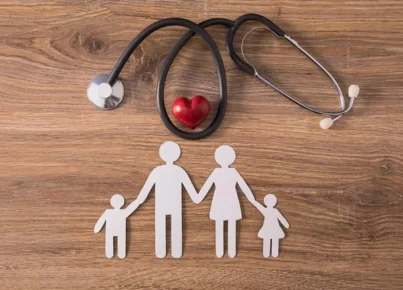Introduction:
Cancer not only affects the children diagnosed with the disease, but also impacts their friends, family, and community. Many schools can play a vital role in supporting these young cancer warriors by raising awareness, providing emotional support, and getting involved in various charitable activities.
In this article, we will discuss ways your school can help kids with cancer and make a positive impact during their challenging journey.
1. Create Awareness:
Organize presentations or events to enlighten students and staff about childhood cancer facts, statistics, and preventive measures. Involve local pediatricians or oncologists for accurate information and guidance. This awareness will encourage empathy and empower your school community to take deliberate actions to help affected children.
2. Fundraising Events:
Organize fundraising events like bake sales, talent shows, sponsored walks or runs, and charity auctions to raise money for children with cancer. The funds can be donated to reputable organizations or pediatric cancer units in local hospitals to facilitate better treatment and care for patients.
3. Emotional Support:
Offer counseling services for the affected child and their peers to cope with the emotional challenges of pediatric cancer. Provide professional psychological support through qualified therapists when necessary. Creating a supportive environment is crucial for children dealing with such an overwhelming diagnosis.
4. Community Volunteer Programs:
Set up a school club or volunteer program that works directly with local pediatric hospitals or charities focused on helping children with cancer. Activities can include organizing play dates for the kids, spending time reading to them, or even just being there as a friend in times of need.
5. Educational Support:
It’s essential to ensure that children battling cancer continue receiving educational support at an appropriate pace during their treatment phases. Teachers should work closely with parents and healthcare professionals to devise an individualized learning plan tailored to each child’s unique needs.
6. Promote Inclusiveness:
When a child returns to school after a period of treatment, ensure they are reintegrated into the school community without any discrimination or stigmatization. Encourage other students to show empathy and maintain friendships with their peers, allowing them to feel included and easing their transition back to school life.
7. Show Solidarity With Themed Activities:
Host events like a “Bald and Beautiful” day, where students and staff can shave their heads to show support for kids undergoing cancer treatments. Organize a dress-up gold day (as gold is the official color of childhood cancer awareness) to bolster interest and motivate your community to engage in the cause.
Conclusion:
By undertaking diverse initiatives, your school can make a significant impact on the lives of children with cancer and their families. Instilling empathy, raising awareness, and offering tangible support will generate lasting benefits for those fighting this difficult battle. Encourage each student, teacher, and parent to get involved – together, we can make a difference!





